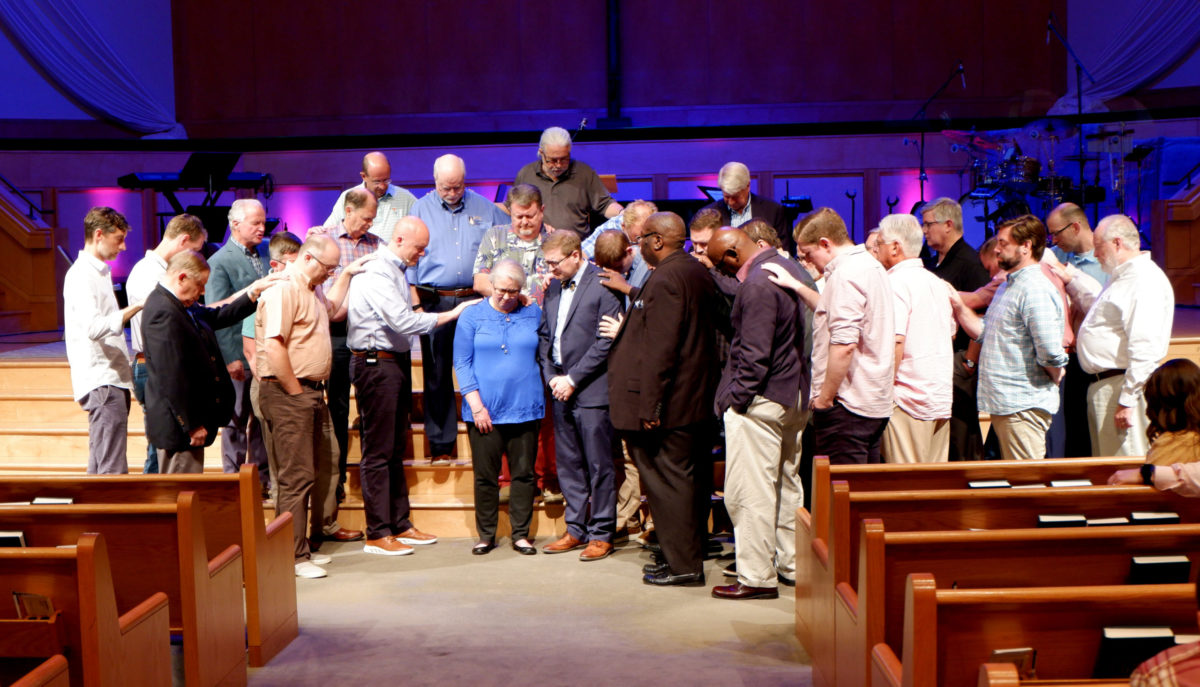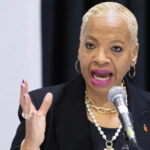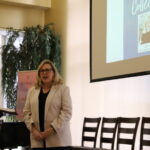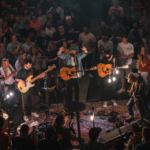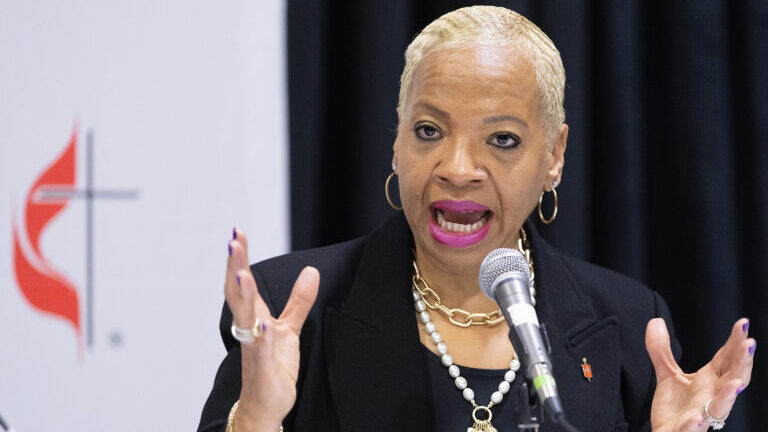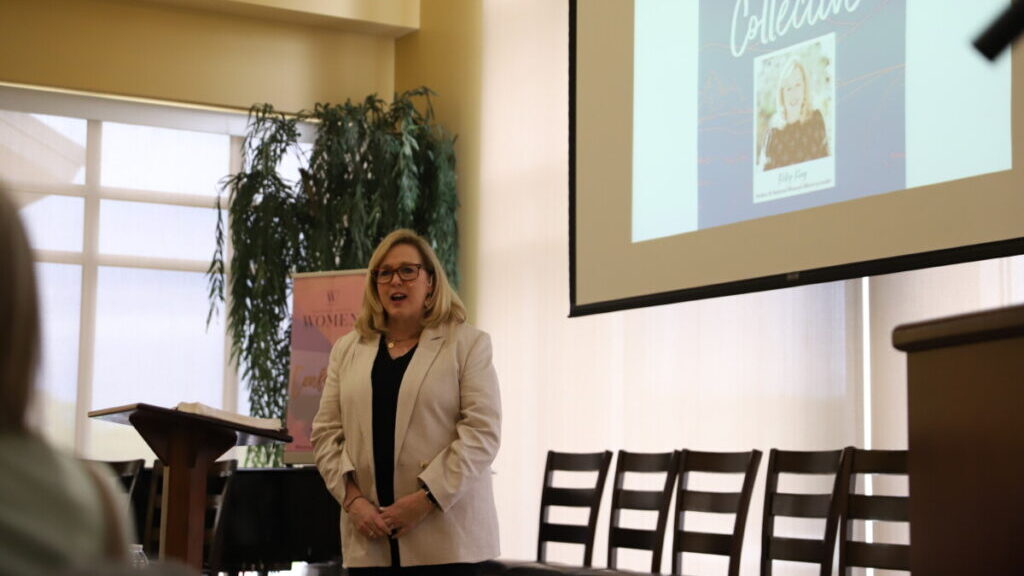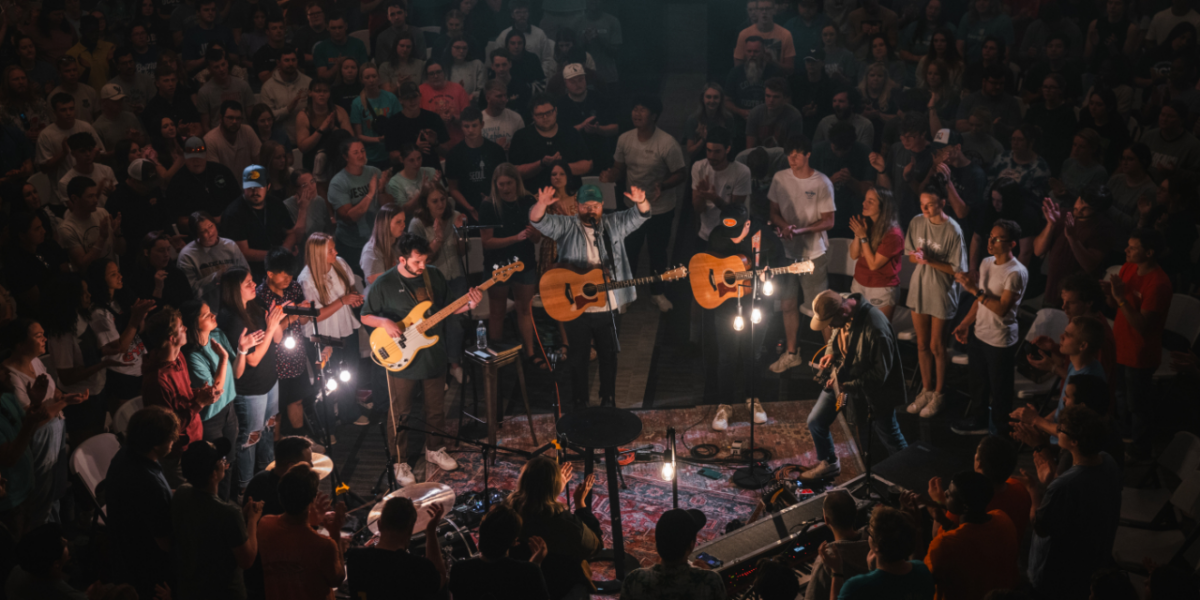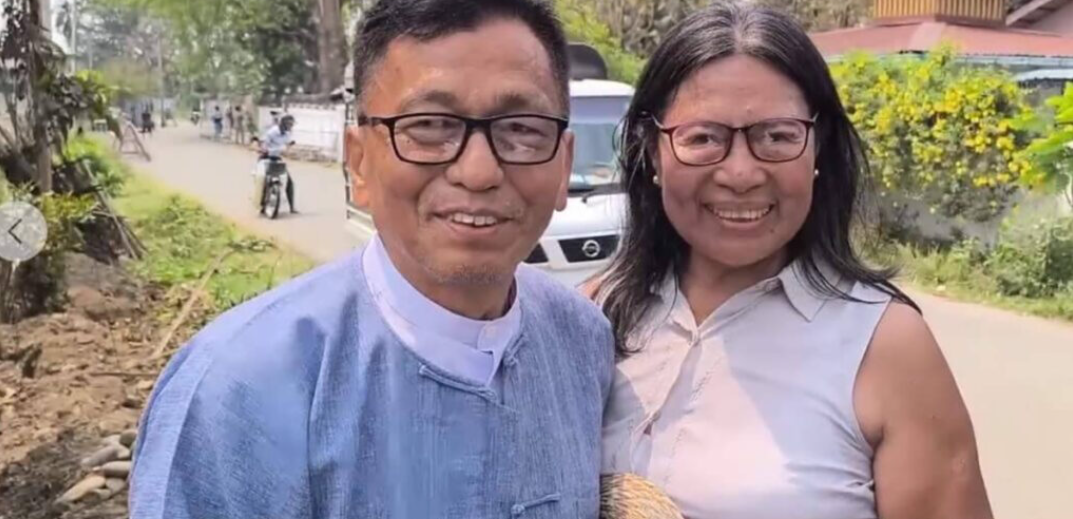Gary Myers, longtime communications director for New Orleans Baptist Theological Seminary, is transitioning to a pastoral role at First Baptist Church New Orleans, where he will coordinate discipleship in the city he has grown to love.
God called Myers to a life of ministry when he was a summer missionary in Southern California. After finishing a communications degree at Southeastern Oklahoma State University, he served as news editor at The Meridian Star in Mississippi.
Then Myers and his wife, Kimberly, went as USC2 missionaries to Pittsburgh, to restart collegiate ministry at the University of Pittsburgh and Carnegie Mellon University.
“From that experience we knew we needed seminary,” Myers told The Baptist Paper. “Carnegie Mellon is a high academic institution, and the students were asking questions that I needed to wrestle with.”
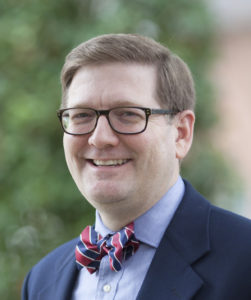
The state convention in Pennsylvania at the time had a loose partnership with Midwestern Baptist Theological Seminary, Myers recalled, so he and Kimberly moved to Missouri, and he served in the communications department at the seminary.
While they were there, their son Jonathan was born, and Myers struggled to learn Greek with a new baby, far from family. They transferred to NOBTS to be closer to Kimberly’s family in Mississippi in 2001, and Myers began freelance writing for the school.
When he was nearly finished with a master of divinity degree and preparing to return to Pennsylvania, Myers was asked to become director of communications.
“We wrestled and prayed over it and really saw it as an opportunity to use my gifts and training for the Kingdom,” Myers recounted. “We decided to do it, knowing that we would have a lot of ministry opportunities.”
Loving the city
The couple was involved in a church plant in Gulfport, Mississippi, at the time, and looked for ways to minister in New Orleans. Hurricane Katrina in 2005 solidified their commitment to the city.
“Katrina was a monumental time for us to really determine whether we loved the city enough to stay,” Myers remembered. “It became clear that one of our main callings was to interact with people on the margins of society that you have in an urban setting: immigrants, people who are new to the city, those who don’t have much.”
Kimberly served as international student minister for the Baptist Collegiate Ministry at the University of New Orleans for 13 years, and the couple regularly reached out to international students, the homeless and at-risk kids, Myers said.
“We’ve really just grown to love not only the seminary but the city.”
During his time at NOBTS Myers relied heavily on his communications degree, which included exposure to journalism, print media, radio and public relations.
“The fact that it was so general was very helpful when I came into this role,” Myers said, “because a seminary can’t hire enough people to have someone in every role.”
For story ideas, Myers looked for students and professors who “were really understanding this city and being able to communicate the gospel in a way that intersects here, that really hits this culture; that they’re telling the true, unchanged gospel but in ways that were very winsome to New Orleans.”
Myers said he relied heavily on faculty to relay story ideas because professors were diligent to pray with students before class and would learn about their lives. He made sure to form relationships with local pastors and association leaders as well as alumni, and kept his door open so people could drop in to talk.
Accountability
Very aware that his salary was paid with Cooperative Program dollars, Myers said he tried to highlight ways CP was at work at the seminary.
“I have always felt accountable to Southern Baptists in my role, and it really shaped how I tell stories,” he noted.
That responsibility emerged particularly when he covered an academic conference.
“I tried to tell those stories in ways that would connect with my home church, First Baptist Church Calvin, Oklahoma. It’s got about 70 members. It’s got a lot of teachers, farmers and people like that,” Myers noted, adding that he tried to communicate in a way that “was robust enough for those who know the terms but accessible to those who haven’t had the opportunity to spend a lot of time reading a systematic theology book or an archaeology report or a lexicon.”
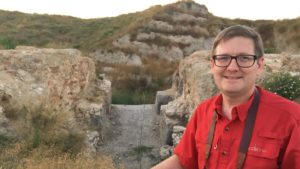
During his time at NOBTS Myers was a member of FBC New Orleans, and he believes there is value in professional communicators being involved in churches, ministries and other organizations — they can bring an added element of accountability.
“As Christians we’re truth-tellers,” he said, “but the journalistic ethics that we have and this responsibility to the other churches of the Convention that we feel — it’s important to have people like that in churches, especially in a time when we’re dealing with things like the abuse report that we heard at this year’s [SBC annual meeting].
“We need to have people who are willing to communicate the hard truth about these things,” Myers noted. “I feel that responsibility as a church member. We want to prevent this from happening again, and we want to do it in ways that shield the people who are hurt by abuse but also don’t shield the abusers.”
Having communications professionals involved in churches is a good check against that, he added, because “we feel the ethics from two directions. We feel first and foremost our Christian ethics as we try to follow Jesus, but then we are so ingrained in that truth-telling aspect of journalism.”
As God began stirring in Myers’ heart that it might be time for a change, he talked it over with his pastor, and his pastor eventually presented the idea of Myers joining the church staff as executive pastor of discipleship, a role he assumed with his ministerial ordination on Aug. 28. He now serves the church full-time.
In addition to a master of divinity degree, Myers earned a master of arts in biblical archaeology from NOBTS and completed 10 years of digs with the program. He’s currently working on a Ph.D. in biblical interpretation.
At the church, Myers is in charge of evaluating the discipleship process and integrating it in ways that will train people to follow Christ from the earliest stages of life, he said.
“I’ll look for ways to instill the practices of discipleship that will carry our students when we send them off to college,” Myers explained, “and to arm our people in their workplaces with the devotion and commitment to Christ that they need to face the challenges of this world today.”

